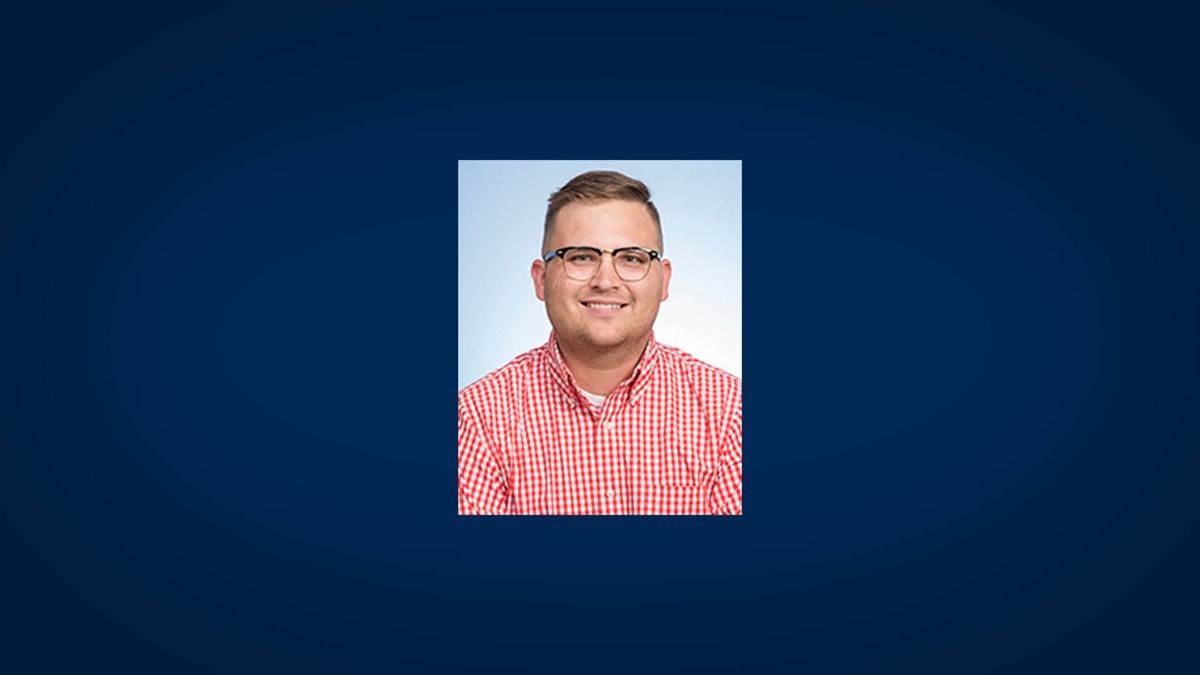Jacob Fuqua

“I was able to gain more experience managing a panel of patients as a primary care physician, more experience caring for hospitalized patients and more experience teaching the residents.”
What made you interested in medicine?
Medicine was always a part of my life. My uncle is a doctor and I liked what he did, so it was more about ruling everything else out. First, all little kids want to be astronauts, and then you realize that there’s only ten to twenty people that have ever been on the moon and as you learn more about what they do, you like it less and less. Then I thought I might want to go into medicine or be a biochemical researcher because I’ve always liked science. During college I did some lab work and decided that I liked the people aspect of medicine more than instruments.
What drew you to WVU?
I had only been to WVU once before my interview and that was for a football game in 2005 where Louisville came to play, and Pat White came off the bench and won it in triple overtime and I thought it was one of the greatest games I had ever seen.
When I came back to visit campus, I had to read up on the program and was really impressed with education being one of the foundation points of the internal medicine program. There’s dedicated time every day for multiple lectures so residents can continuously learn.
What do you think are some strengths of the residency program here at WVU?
The staff here are very approachable. When I interviewed, the residents said any staff member would be willing to wake up in the middle of the night to help them if they needed it. I completely agree with that. Everyone is approachable and great to work with.
The program also allows us the ability to focus on different aspects of our career. So, for instance if I wanted to take a research month there is availability that I could take a research month and focus on a research project to propel my career.
Because the hospital is so large, you see a lot of variety in patients. Can you talk more about that?
The great thing about this program is it’s all on one campus. There’s only one elective that you do have to drive off-campus for, otherwise everything is in one centralized location. The type of patients that we get, some are very ill, and they require very intensive medical care. As the tertiary referral center for the entire state, it’s not unreasonable for eight to ten patients to come into the MICU overnight. We get a lot of acute medical care that must be done to help patients as they are transferred to us.
The other big component is the culture of West Virginia and the Appalachian mindset. Some of these patients will come in with late-stage disease and haven’t sought medical care early on even when they knew they had symptoms. It’s a growing opportunity for us as providers.
When you see the same issues over and over that could have been treated earlier, is it still worth it to keep going?
It is worth it to continue to treat these patients because they wouldn’t seek treatment elsewhere. A lot of patients come here for the specialties this hospital offers. Some patients will drive two to three hours to clinic appointments just to be a part of WVU Medicine.
How has your expectation of the residency program at WVU compared to the reality of it?
Starting residency my goal was to go somewhere that would make me work hard, because I don’t want to be bad doctor when I leave. I only get three years to do this (residency) and then I’m technically on my own. But I also wanted to go to a program where there’s a very good work-life balance. There are months that are very difficult, but then there are great months where you’re mostly in a clinic and things are going very well. Because of this, you get a lot of exposure to a lot of patients in all the different sub-specialties, and you also get to maintain your own wellness.
You are the Chief Resident of the Internal Medicine Residency Program at WVU. What has that experience been like and what have you learned from it?
A book by Malcolm Gladwell speaks to the idea of needing 10,000 hours to become a master of a craft. Residency calculates out to be a few hours short with the much-needed breaks. So chief year was a great time to hone the craft of medicine in hopes to become a better physician by the end of the year. I was able to gain more experience managing a panel of patients as a primary care physician, more experience caring for hospitalized patients and more experience teaching the residents. These experiences were trying at times but has helped me better serve the people of West Virginia in hopes to become a better physician.
Is Morgantown a good place to raise a family?
It’s a fantastic place to raise a family. There are a lot of parks and things to do for young children. In general, Morgantown is a very safe place and we wanted to move somewhere that would give me a great education but also be a great fit for my family.